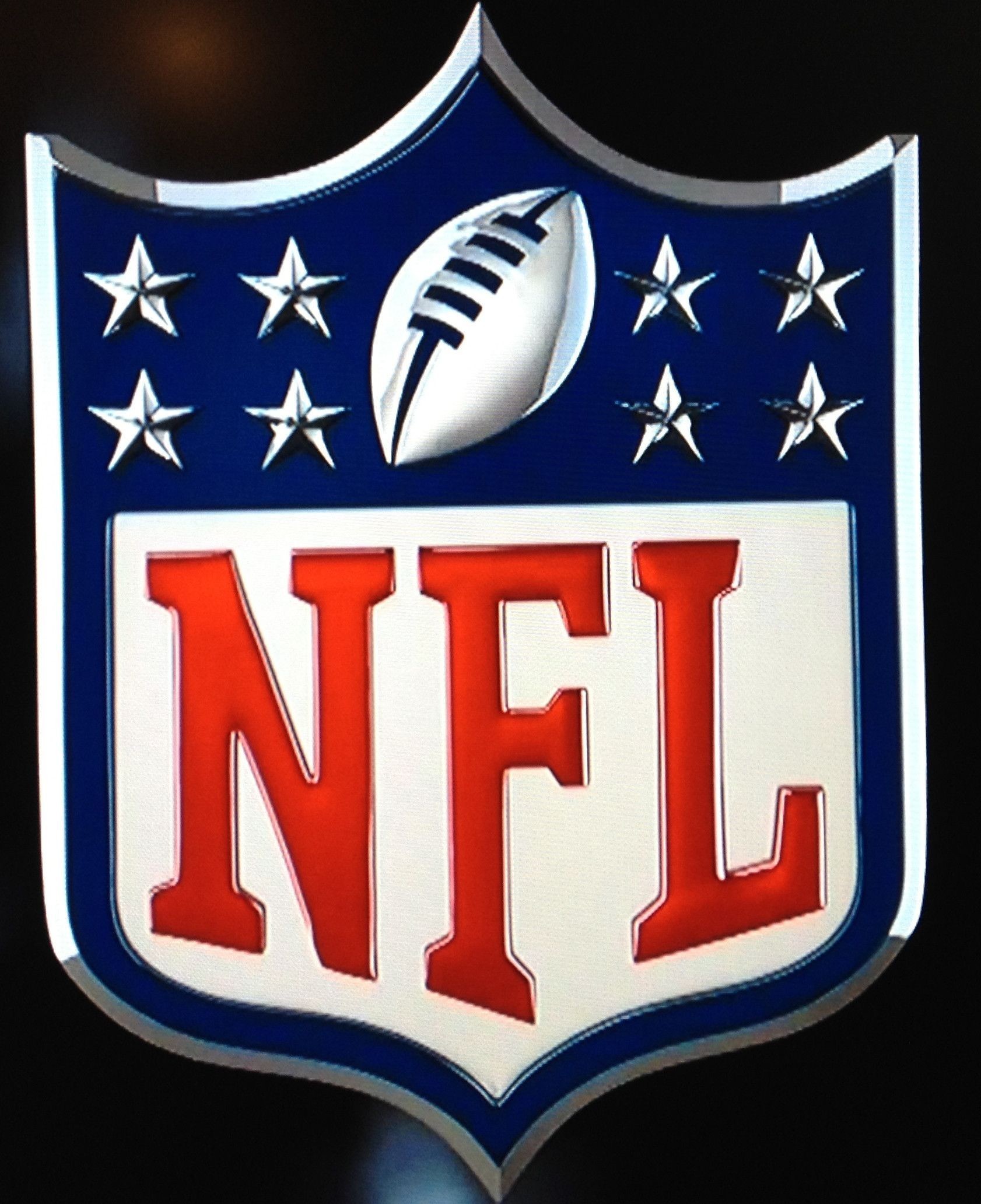The Real Reasons People Watch Sports: Connection, Emotion, and Wellbeing
Introduction: More Than Just a Game
Sports are a global phenomenon, captivating billions of viewers across cultures, ages, and backgrounds. Yet, the question remains: why do people watch sports? While the thrill of competition is a factor, research reveals deeper psychological and social reasons that drive this passion. Understanding these motivations can help individuals leverage sports viewing for enhanced wellbeing, stronger social ties, and a richer emotional life.
1. The Power of Social Connection
One of the strongest draws of sports is its unique ability to bring people together. Watching sports is not just a solitary activity; it is embedded in group rituals, community gatherings, and shared experiences. Whether you’re at a stadium, in a lively pub, or texting friends during a tense match, sports serve as a powerful catalyst for social interaction. According to mental health experts, this sense of connection can reduce feelings of loneliness and foster belonging . Even for those who live alone, engaging with others about the game-through phone calls, online forums, or social media-creates a sense of community and shared excitement [1] .
Research from Anglia Ruskin University supports this, showing that watching sports encourages the formation of in-groups-communities bound by mutual support for teams or athletes. The resulting social identity is linked to increased life satisfaction and emotional wellbeing, as people find support and validation among fellow fans [2] .
How to Access These Benefits:
- Join local fan clubs or sports bars to meet like-minded individuals.
- Participate in online communities or group chats that discuss games in real time.
- Host regular viewing parties, either in-person or virtually, to build social rituals around sports.
- For those seeking structured support, many community centers organize group viewings of major sporting events.
Even if you’re new to sports fandom, simply starting a conversation about a local team can be a natural way to connect with colleagues, neighbors, or acquaintances.
2. Emotional Release and Wellbeing
Sports provide a unique outlet for emotional expression. In daily life, opportunities to display raw emotion are limited. Watching a game, however, gives people permission to cheer, shout, celebrate, or even mourn openly with others. This emotional release is not just cathartic-it has measurable benefits for mental health. Studies indicate that the excitement, anticipation, and tension of sports viewing can stimulate the release of dopamine, a neurotransmitter associated with pleasure and motivation [1] .
Moreover, neuroscientific research using brain imaging shows that watching sports activates reward centers in the brain, producing feelings of happiness and contentment. These effects are especially pronounced during highly competitive or unpredictable games, where the stakes are high and the emotional investment is intense [4] , [5] .
How to Maximize Emotional Benefits:
- Allow yourself to fully experience the highs and lows of the game. Don’t suppress emotional reactions-expressing them can be healthy.
- Engage with others who share your enthusiasm to amplify the emotional experience.
- Reflect on your emotional responses after a game to better understand your triggers and what brings you joy or frustration.
- If you find sports viewing becoming a source of stress, consider mindfulness techniques or discussing your experiences with others to maintain balance.
3. Escapism and Relief from Daily Stress
Another compelling reason people watch sports is escapism . The fast-paced action, dramatic narratives, and uncertain outcomes allow viewers to temporarily set aside personal worries and immerse themselves in an unfolding story. For many, following a favorite team or athlete is a welcome distraction that offers relief from work pressures, personal challenges, or everyday monotony [3] .
Sports serve a similar function to other popular forms of entertainment-like movies or books-but with the added elements of unpredictability and real-time communal experience. This blend of excitement and uncertainty is a powerful antidote to the stresses of modern life.

Source: digitalbloggers.com
Practical Steps for Using Sports as a Healthy Escape:
- Designate certain times for sports viewing to provide structured breaks in your routine.
- Balance your viewing with other healthy activities, such as exercise, hobbies, or socializing.
- Recognize when escapism is becoming avoidance. If you notice you’re using sports to continually avoid responsibilities, consider seeking support or adjusting your habits.
4. Shared Identity and Pride
Team sports, in particular, allow viewers to invest emotionally in a group larger than themselves. Supporting a team creates a shared identity, fostering loyalty and pride. This phenomenon, known as “basking in reflected glory,” means that fans experience the successes and failures of their teams as personal triumphs or setbacks [2] .
The sense of belonging to something bigger can be deeply fulfilling. For example, city-wide celebrations after a championship victory or the collective mourning of an unexpected loss demonstrate how sports can unify diverse populations around a common cause.
How to Cultivate Shared Identity Through Sports:

Source: fogwing.io
- Attend local games or sporting events to feel the energy of a crowd united by a common goal.
- Wear team colors or memorabilia to signal your allegiance and spark conversations with other fans.
- Get involved in community sports initiatives, charity events, or fan clubs tied to your favorite teams.
5. Positive Effects on Mental Health and Wellbeing
Beyond entertainment, sports viewing has tangible benefits for mental health . Engaging with sports, whether occasionally or regularly, can contribute to overall happiness, reduce feelings of isolation, and even offer cognitive stimulation through analyzing plays, strategies, and statistics [1] .
Longitudinal studies indicate that positive emotional experiences from watching sports can lead to structural changes in the brain associated with improved wellbeing. The variety of emotions-ranging from excitement to admiration-offers a rich tapestry of experiences that enrich daily life [4] , [5] .
Guidance for Enhancing Mental Health Through Sports:
- Choose sports or teams that resonate with your values or interests to deepen engagement.
- Balance passive viewing with active participation, such as joining amateur leagues or fantasy sports groups.
- If you ever feel overwhelmed by the emotional highs and lows, seek out mental health resources or talk with a counselor about finding healthy coping strategies.
- For those interested in learning more about the mental health benefits of sports, you can search for “mental health and sports viewing” in academic databases or consult with local mental health professionals.
Alternative Pathways and Considerations
While watching sports offers many benefits, it is important to approach it mindfully. Excessive viewing or emotional overinvestment can lead to negative outcomes, such as neglecting other responsibilities or experiencing heightened stress during losses. To ensure a balanced approach:
- Set boundaries around viewing time to maintain a healthy lifestyle.
- Engage in critical reflection about your relationship with sports and how it impacts your mood and relationships.
- If you find that sports are becoming a source of conflict or distress, consider alternative activities or seek support from friends, family, or professionals.
Summary: Making the Most of Sports Viewing
People watch sports for a variety of interconnected reasons: to foster social bonds , enjoy emotional highs , find escapism , celebrate shared identity , and boost mental wellbeing . By approaching sports with intention and balance, anyone can tap into these benefits and enrich their daily life. Whether you’re a lifelong fan or a newcomer, the world of sports offers opportunities for connection, joy, and personal growth.
References
- Don’t Change Much (2025). 5 Reasons Watching Sports Can Make You Happier.
- Anglia Ruskin University (2024). This is why watching sports can be so good for you.
- Therapy Tips (2024). 3 Deeper Reasons For Why We Love To Watch Sports.
- NIH PMC (2024). How watching sports events empowers people’s sense …
- Frontiers in Psychology (2024). How watching sports events empowers people’s sense of …
MORE FROM couponnic.com













